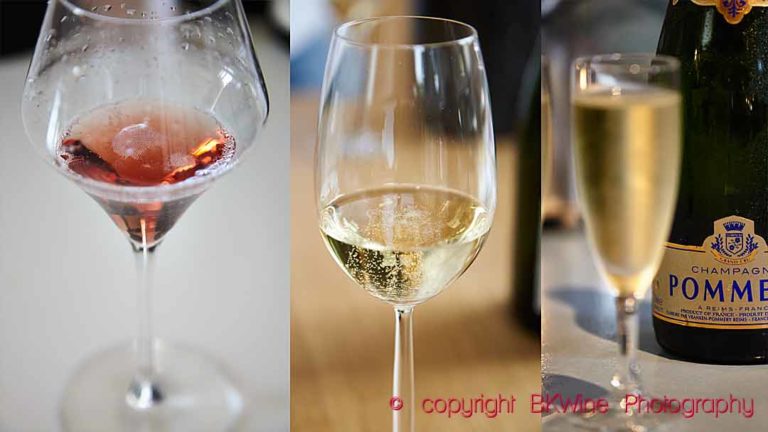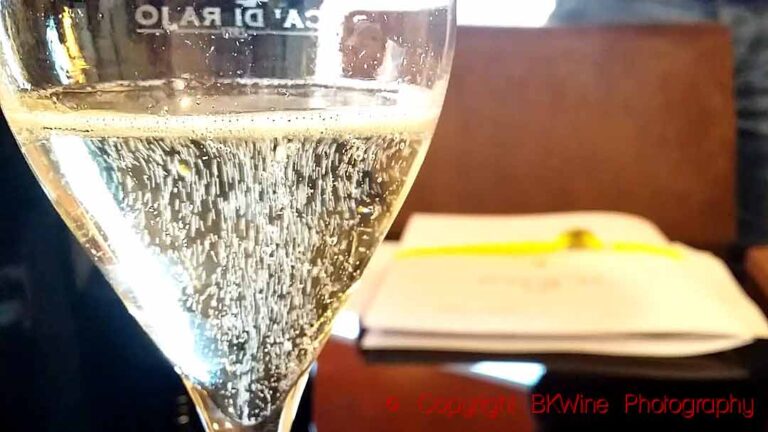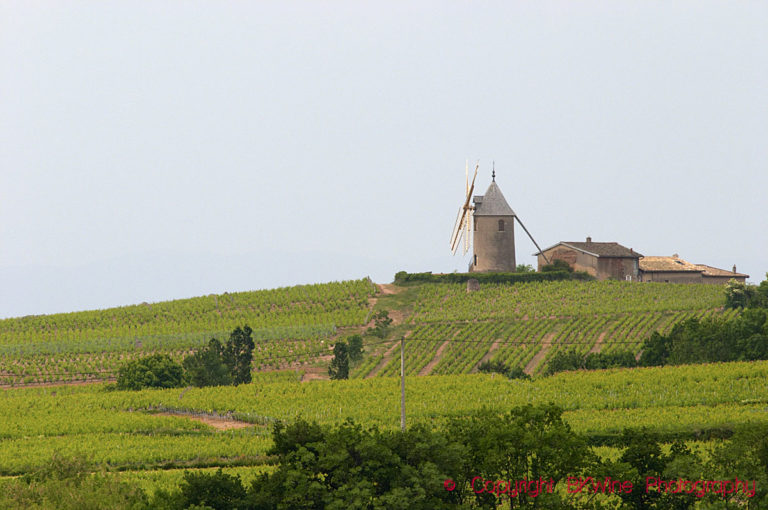3.3% of all French vineyards are cultivated organically. It adds up to a total of 28 000 ha. The acreage increased with 25% in 2008. the agricultural ministry has set a target of 20% of all agricultural land in 2020. Vine growing is ahead of other farming when it comes to organic culture: 3.3% of vineyards compared to 3% for all farm land. On the other hand (non-organic) vineyards account for a disproportionate amount of the use of chemicals used on farm land. Three areas account for two thirds of all organic vineyards:
– Languedoc Roussillon, with 8337 ha (+36 %)
– Provence-Alpes-Côte d’Azur, 6674 ha (+26 %)
– Aquitaine (with e.g. Bordeaux), 3763 ha (+23 %)
More info: www.vitisphere.com










2 Responses
Interesting and positive change by French vineyards. Is there labeling on the bottle to show it is organic?
The numbers would concern those that are officially recognised as organic. They have the right to use the label of one of the certifying organisations, e.g. Ecocert, Agriculture Biologique, Demeter, Biodyvin and perhaps some others. But many producers do not put any such info on the label. The say that they are "bio" (as is the French word) i.e. organic because of their own convictions (eg. good for nature, good for children…) and that they do not see it as a sales argument for their wines. The say that they prefer that the consumers buy and drink their wines because they taste good, and not because they carry a certain label. I must say I have some sympathy for that argument. Producers who become organic just because the wine sells better (and because they have a 'bio' label) does give you the feeling that they are a bit less committed.
Some other producers also say that they are organic but have chosen not to be certified – a certification costs quite a lot of money, a cost that some producers think are not motivated.